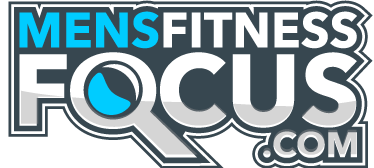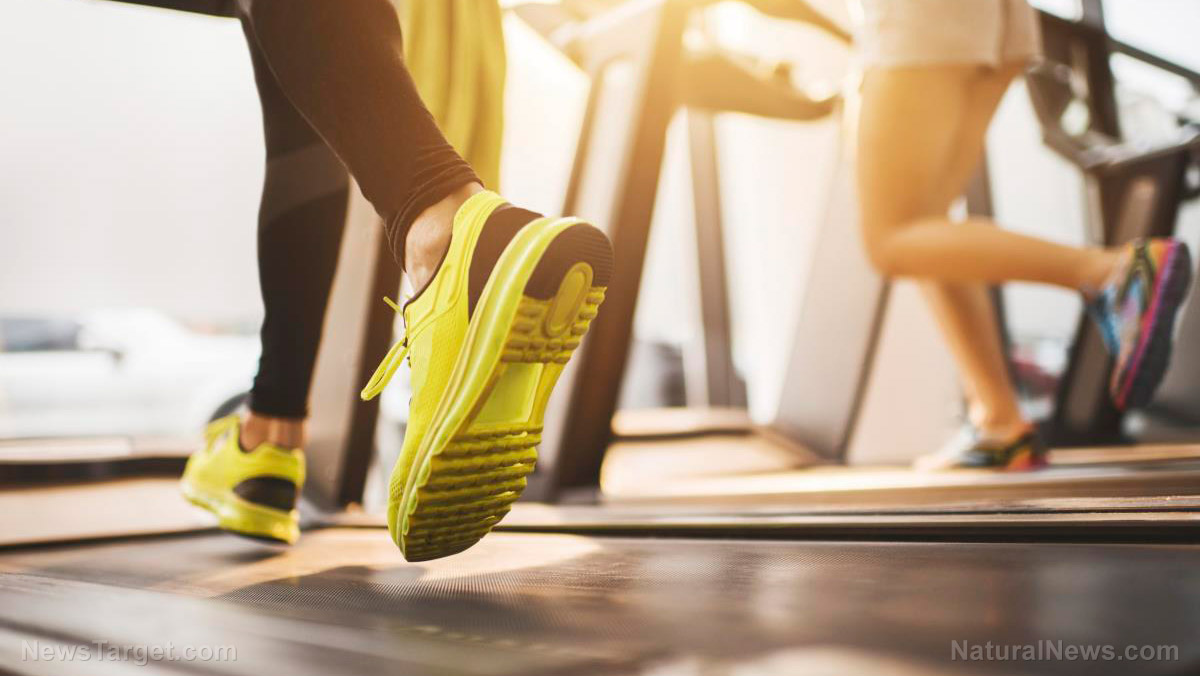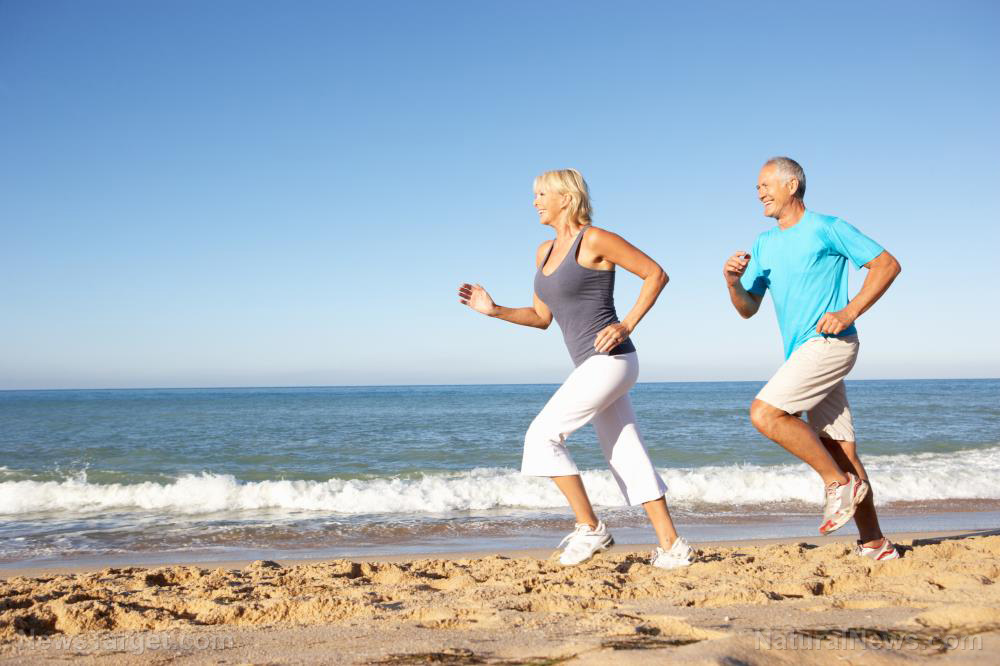Exercise helps improve gut diversity, according to a new study
03/18/2019 / By Edsel Cook

Regular physical workouts will not just make you look good and feel healthy. The beneficial bacteria that live in your gut will also flourish if you exercise a lot. On the other hand, being obese will make conditions in your gastrointestinal system less healthy for those good bacteria.
In a recently concluded study, researchers at University of Illinois Urbana-Champaign reported that physical exercise could affect the diversity of the gut microbiota. However, the effectiveness of the workout depends on the weight of the person.
The researchers found that the fecal matter of lean participants contained larger amounts of short-chain fatty acids (SCFAs) after they worked out. SCFAs like butyrate are produced by good bacteria in your colon; the fatty acids serve as the main energy source of that organ.
However, the excretions of obese participants did not show such improvements in their metabolism. Furthermore, the benefits of physical exercise disappeared once the participant stopped exercising regularly.
These findings led the researchers to surmise that physical exercise could help prevent gut diseases like colorectal cancer and irritable bowel disease (IBD). Exercise produces butyrate, which powers colon cells, supports the gut barrier, and regulates the immune cells in the gut. (Related: Read this first BEFORE you buy pre-washed vegetables.)
Testing the effect of endurance exercises on beneficial gut bacteria
The experiment involved lean and obese subjects who undertook endurance exercises. The researchers wanted to see the impact of this period of regular workouts on the gut microbiota of people who followed different diets.
The participants started out by performing 30 minutes of endurance exercises per day. They worked out three times a week for a total of six weeks.
With each new week, the duration of their endurance exercise increased. At the end of the trial period, they were exercising for 60 minutes per day. The intensity of their exercise was also increased every week; they went from moderate levels of activity to vigorous levels during the final week.
At the end of the trial period, the participants resumed their sedentary lifestyle activity. This washout period also lasted for six weeks.
The researchers took fecal samples before and after the endurance exercise period. They also got samples at the end of the washout period. Before a sample was collected, the participant would undergo three days of controlled diet to make the process easier.
When you work out hard, your good gut bacteria also work harder
In the study, the researchers were unable to track down the specific means by which physical exercise encouraged the gut bacteria to produce more SCFA. However, they believed endogenous metabolism played a role in the process.
Endogenous metabolism is the sum of the metabolic reactions that take place when ingredients from outside the cell are not available for conversion into energy and useful products. In this case, the cell will use its internal stores as a stopgap source of fuel and raw materials.
The researchers believed that adding lactate or a similar input spurred the intestine to blend its contents. The input also increased the rate at which the good gut bacteria break down dietary fibers through fermentation.
There are three ways by which the endogenous metabolic input boosts the fermentation rate of the gut’s anaerobic bacteria. Either it saturates the colon in oxygen, changes the pH of the organ, or conserves the amount of SCFA that is used and absorbed by the intestine.
“Thus, we postulate that exercise-induced shifts in SCFAs, butyrate-producing taxa and metabolic capacity to produce SCFA may have the potential to prevent the occurrence or offset the symptomology of IBD,” they reported.
Sources include:
Tagged Under: fitness, gut bacteria, gut microbiota, natural cures, natural health, obesity, overweight, physical exercise, SCFA, slender, work out



















